Collective Memories for Democratic Values
The project
The project aims to promote intercultural dialogue, international relations and human rights; civic engagement, active citizenship and democratic values; enhanced cooperation among NGOs from post-soviet and partner countries (Asia and Europe) as well as strengthened mechanisms of contact and coordination among NGOs and stakeholders; peer learning activities, non-formal education, out of school experiences and learning by doing methods; opening to state of the art ICT tools to preserve memories.
28 years have passed since the breakdown of the Soviet Union which means post-soviet countries became “adults”, furthermore, a new generation grew up outside of the socialist era. Some of the Eastern bloc countries joined the European Union in 2004 and Eastern European and Caucasian countries show rapid development as well. Despite of the improving economy and rising living conditions many young people are exposed to the risk of radicalisation or just turn away from active political participation.
Memories of the socialist era are more or less history living with us, surround us. We can easily find socialist buildings, squares, roads, and people who have experiences of the longest standing totalitarian system of the 20th century. Everyday people and objects keep memories of this age, as well as historical institutes and museums. Nevertheless, professional cultural institutions face the challenge of raising youth’s interest and involve them in preserving lessons learned.
We believe that post-socialist countries from Central Europe to Central Asia has a collective memory about socialist era. Elections, legislation, government, policing etc. meant something very different than nowadays but meant the same for the citizens of the Soviet Union member and partner countries. Preservation and usage as an educational resource of this collective memory is able to strengthen political participation and awareness of democratic values among young people both on national and international level.
CoMeDeVa project is a cooperation between Europe (Hungary, Slovakia and Lithuania) and Asia (Kazakhstan, Kyrgyzstan, Uzbekistan and Mongolia) aiming to raise civic awareness and political participation of young people especially in the post-soviet and partner countries but in a broader sense all over the world. To achieve these goals partners will use non-formal education methods and learning by doing activities in order to bring social and civic issues and closer to youth by giving them an ‘out of school’ learning experience.
Our main aim with this project to raise young people’s interest in active political participation and engage them in democratic values by actively involving them in museum education activities and the process of preserving memories.We will develop two intellectual outputs: a Museum Education Program Guide for civic education will be able to be integrated to the curriculum in history-related classes of high schools and universities as well as address youngsters be either locals or tourists; and a Virtual Museum Platform that will give an interactive experience for youth through artistic and scientific activities.
Programme and action:
Erasmus+ KA2 Capacity Building
Dates:
October 2020 - December 2023
Venue:
Budapest (Hungary), Shymkent (Kazakhstan), Bishkek (Kyrgyzstan), Kaunas (Lithuania), Ulaanbaatar (Mongolia), Bratislava (Slovakia), Toshkent (Uzbekistan)
Number of participants:
700
Partners
🇭🇺 Institute for Cultural Relations Policy
🇰🇿 Association of Shymkent ACCESS Alumni ASAA
🇰🇬 International Debate Education Association in Central Asia
🇱🇹 Asociacija “Aktyvus jaunimas”
🇲🇳 Mongolian Center for Book Culture
🇸🇰 A.D.E.L. – Association for Development, Education and Labour
🇺🇿 Nizomiy Nomidagi Toshkent Davlat Pedagogika Universiteti
Activity | Information | |
Kick-off meeting | Tashkent, Uzbekistan, 1-4 October 2020 | 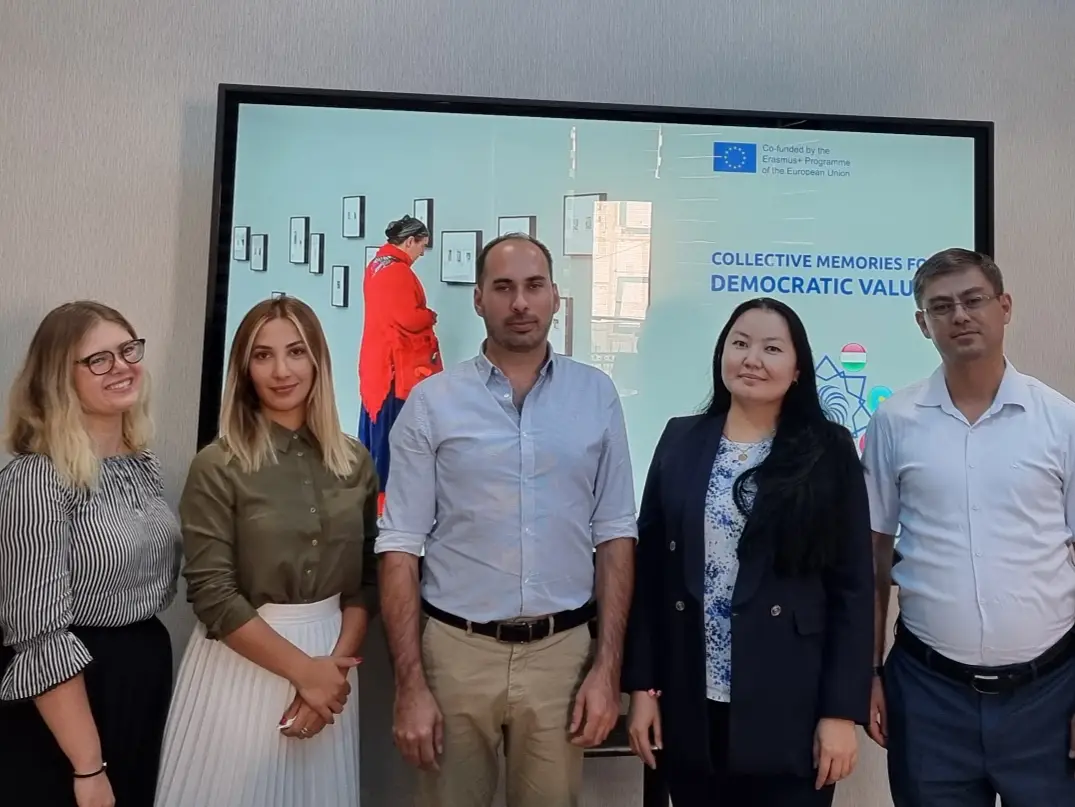 |
Research | October 2020 – April 2021
|  |
Training course: “Learn from the past, look to the future” | Trnava, Slovakia, 27 June - 3 July 2022 | 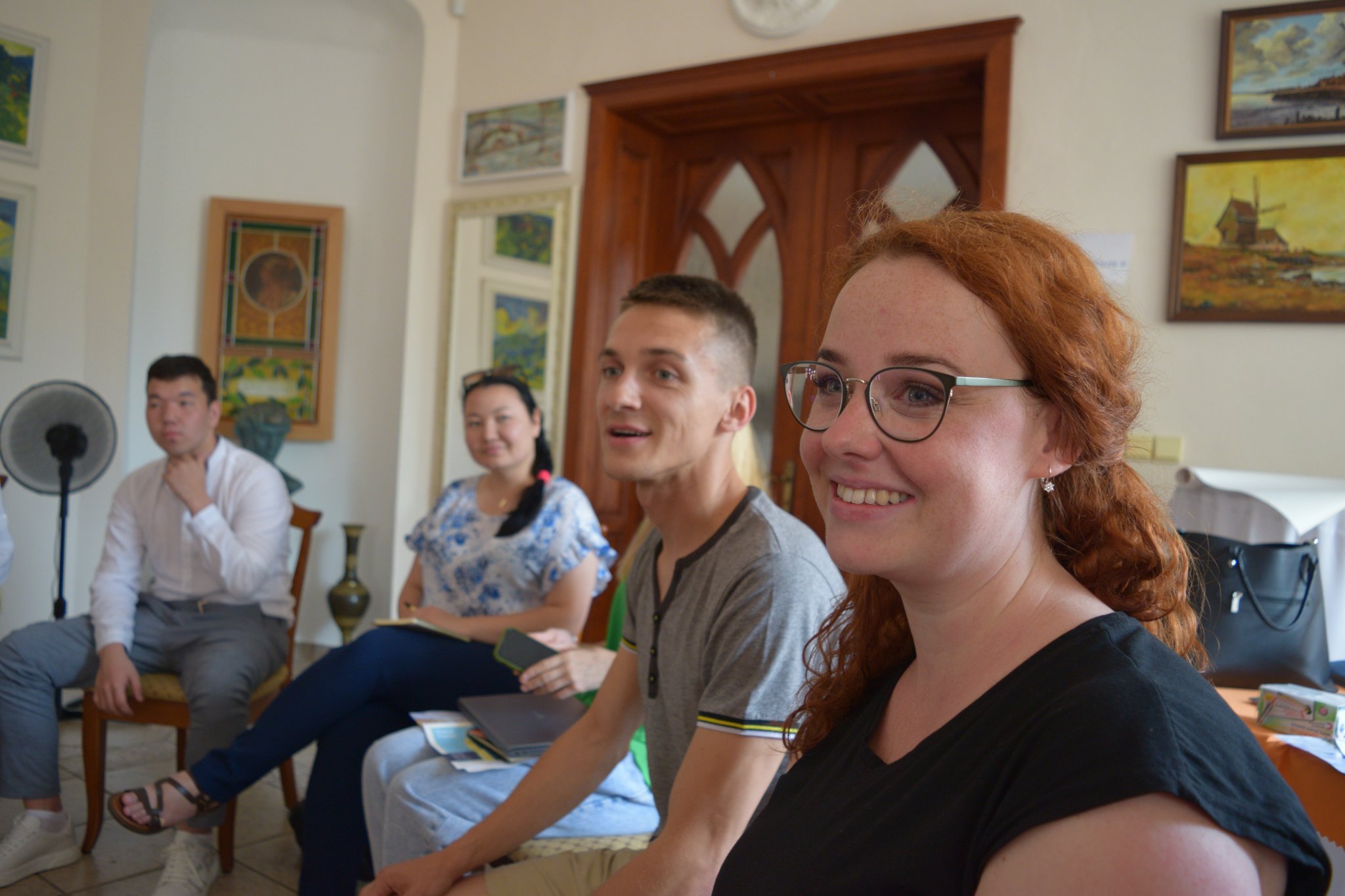 |
Youth exchange“Virtual Art Curators” | Bishkek, Kyrgyzstan, 17-24 November 2023 | 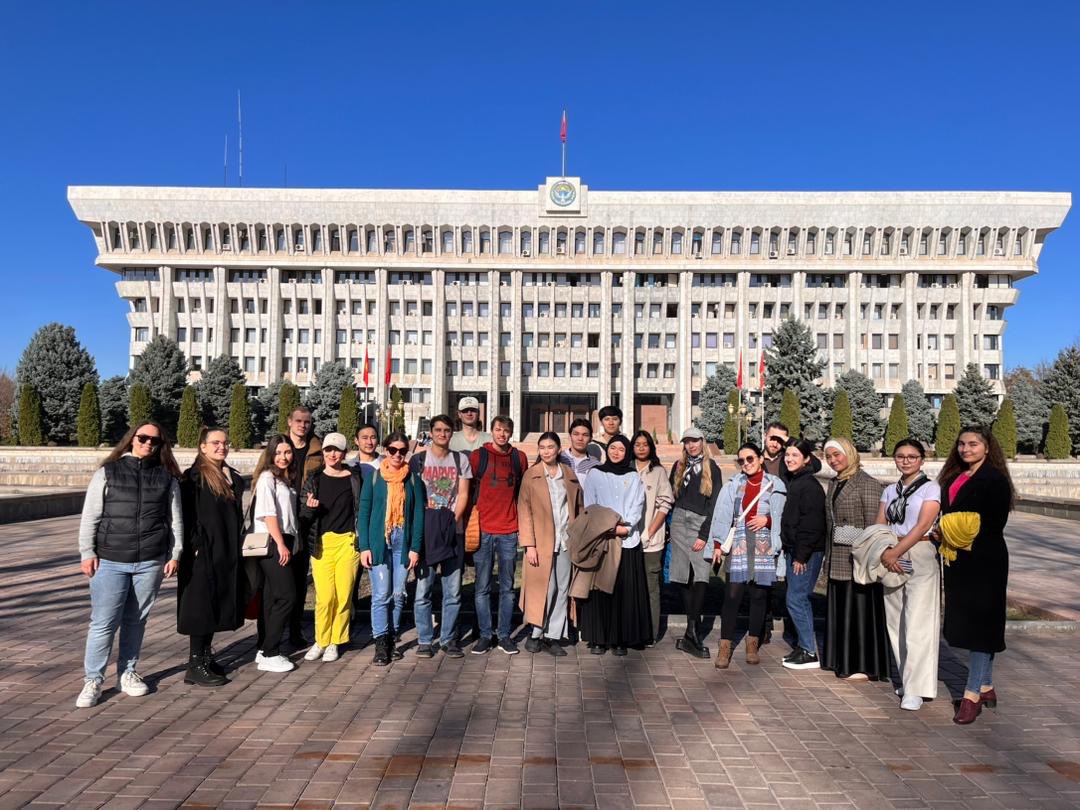 |
Job shadowing | November-December 2023 | 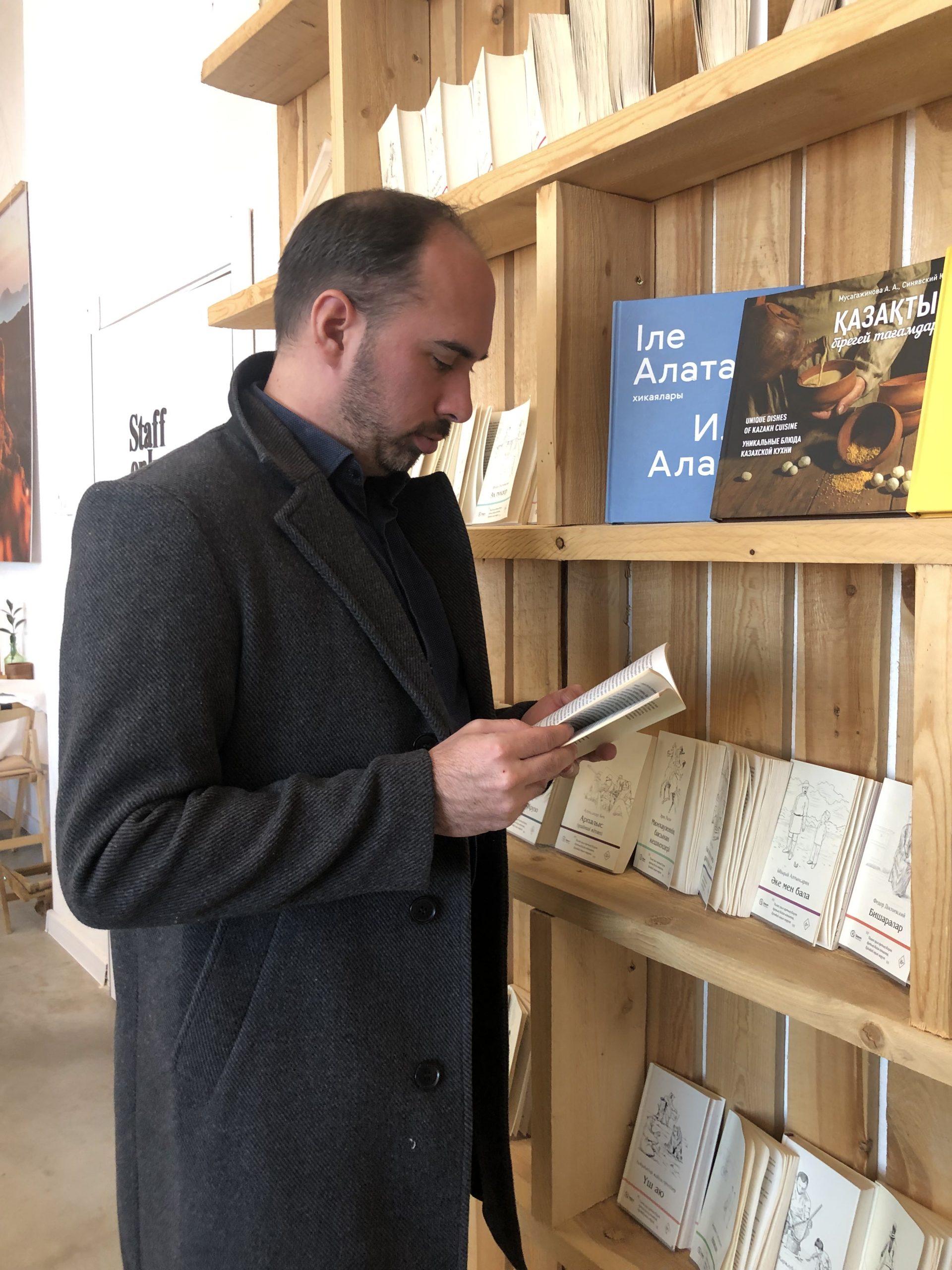 |
Local workshops | November – December 2023 | 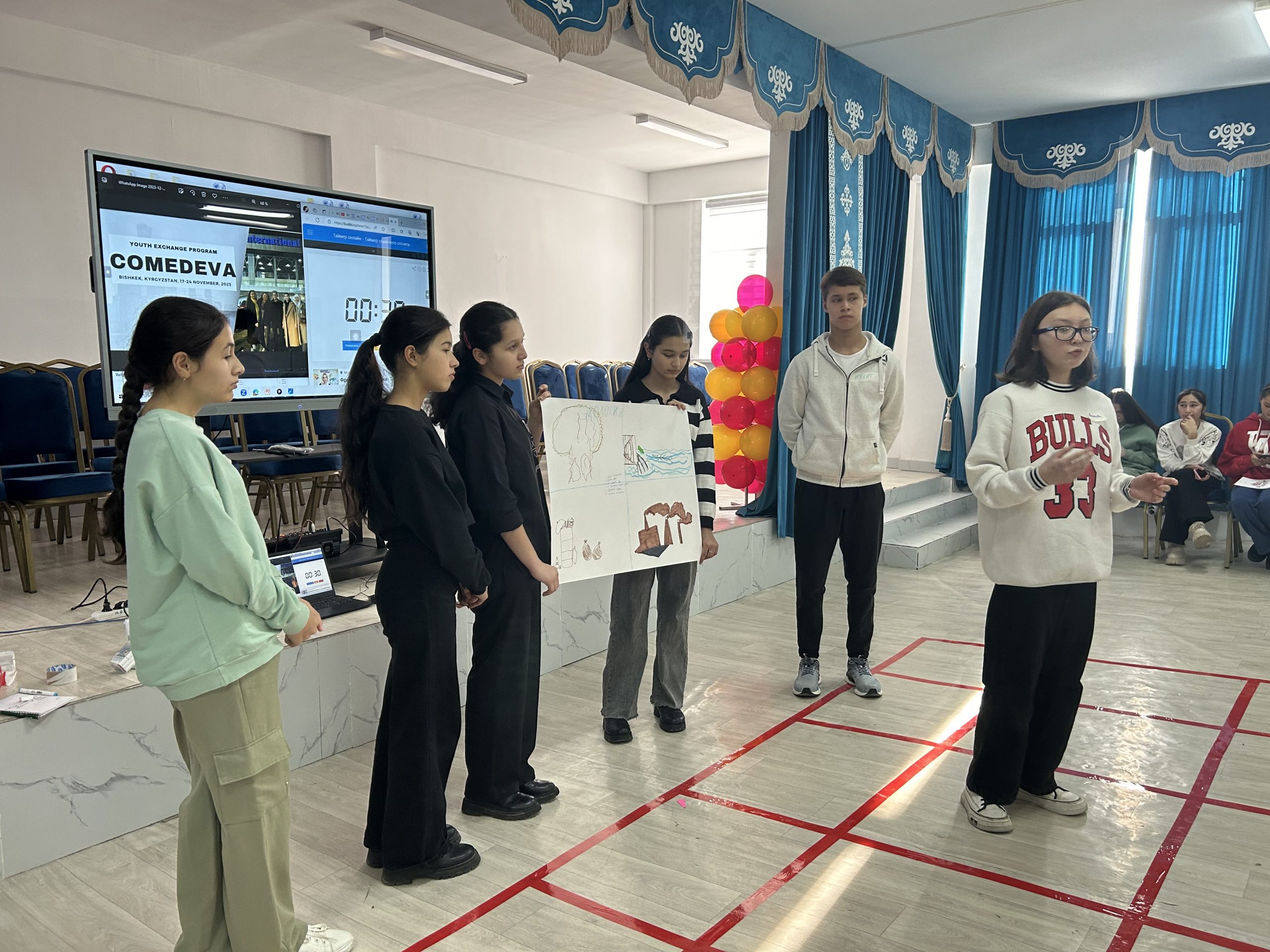 |
Local dissemination conferences | December 2023 | 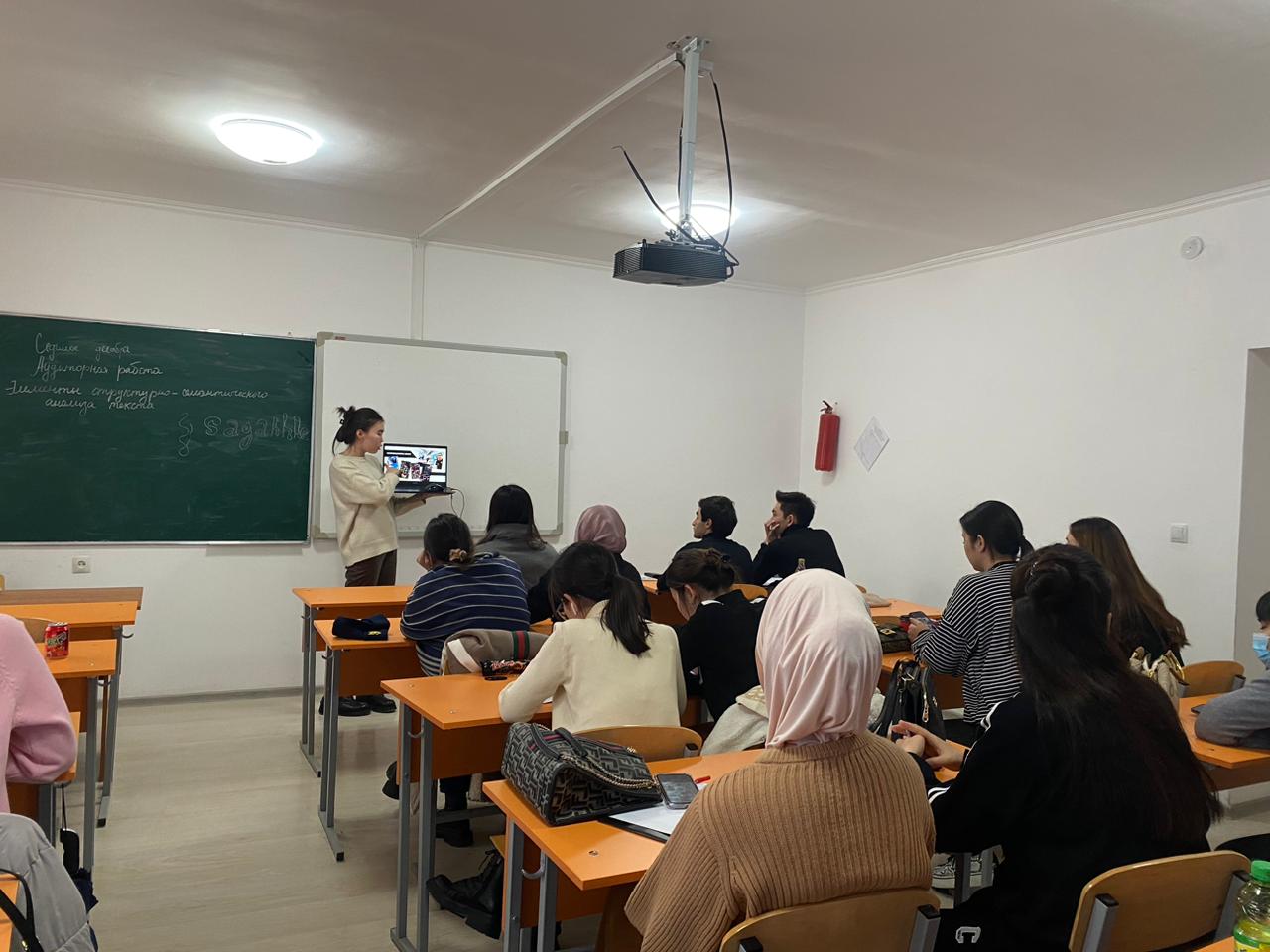 |
Evaluation meeting | 15 December 2023 | 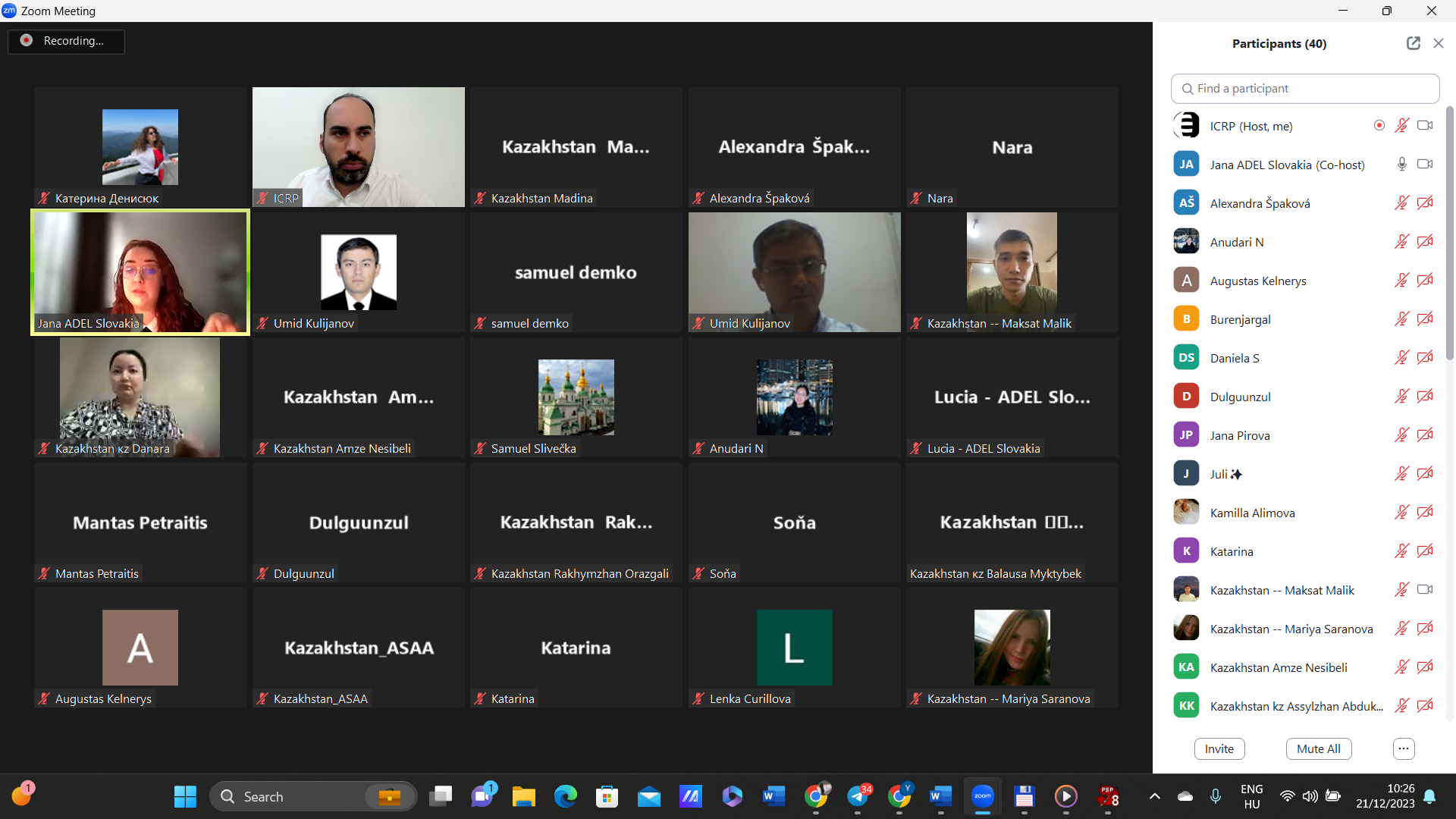 |
Final international conference | 21 December 2023 “CoMeDeVa international online conference on digital museum education" served as a tool to disseminate the project results and to provide a forum for relevant stakeholders and youngsters. The conference was an event where the Virtual Museum platform and the final version of the research on museum education were presented. Speakers of the event included representatives of partner organisations who shared their experience and project achievements. | 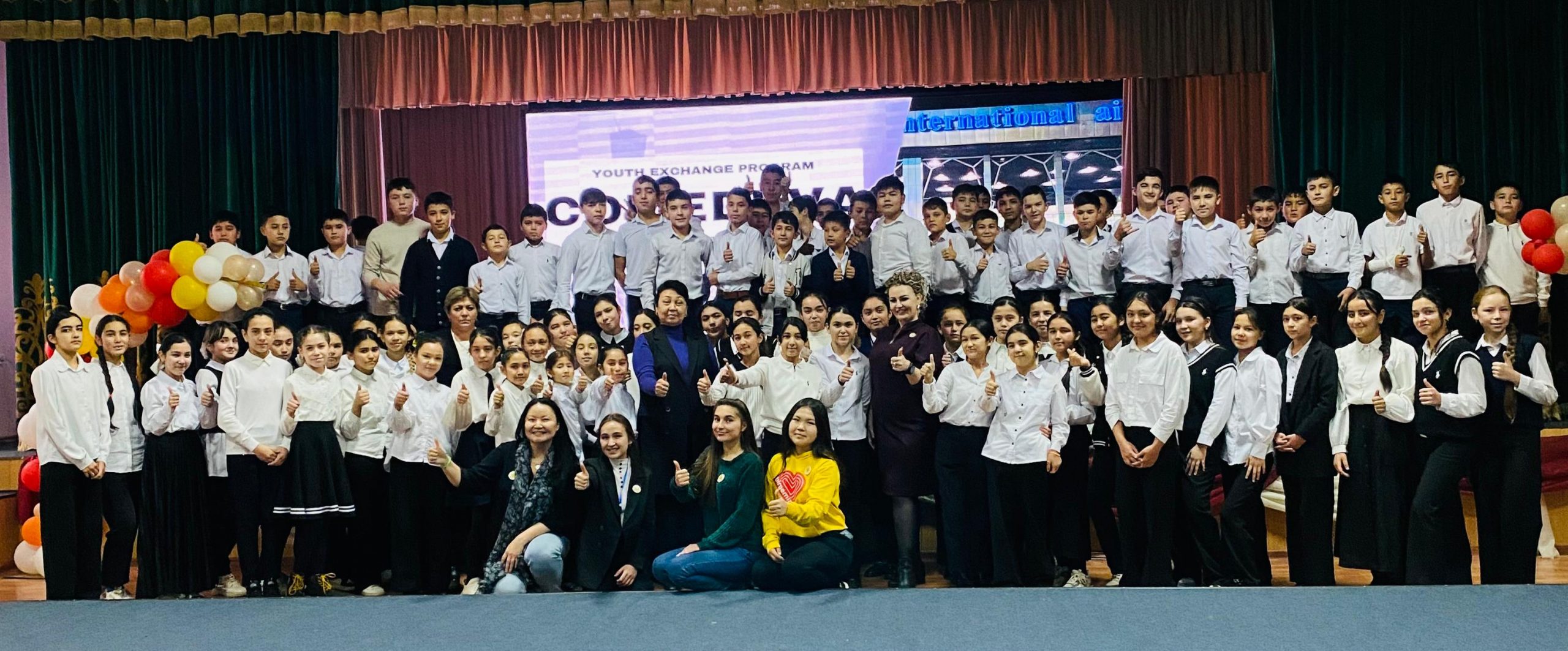 |
Publications
CoMeDeVa project website
CoMeDeVa Museum Education Program
CoMeDeVa Museum Education Guide
Article on significance of virtual museums in the educational realm
Article on systematic considerations regarding the utilization of virtual museums in the educational procedure within general education establishments